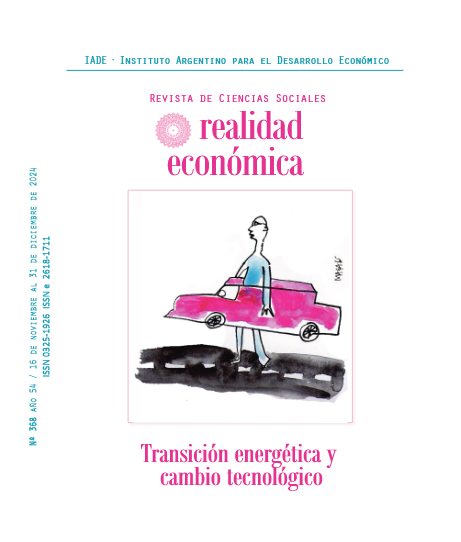State autonomy, sovereign debt, and pension funds in Argentina (2008-2022).
Keywords:
Pension funds , ANSES Sustainability Guarantee Fund, Sovereign debt, State-owned enterprises, State autonomyAbstract
This article aims to provide a historical analysis of the policies implemented by successive Argentine governments through the public pension fund since its establishment in 2008, particularly following the annexation of private pension administrators’ funds in 2009, up to 2022. In a global context where sovereign funds are playing an increasingly prominent role in capital markets, it is relevant to examine the role of the public pension fund in Argentina’s national economy, especially during a period marked by economic stagnation, declining average income, and unsustainable external debt. We will analyze the various financial instruments of the Sustainability Guarantee Fund (Fondo de Garantía de Sustentabilidad, FGS), its relationship with the national economy, and the prevailing accumulation model during the period under study. Our overarching objective is to draw conclusions regarding the contribution that controlling capital equivalent to 10% of Argentina’s GDP could or can make toward increasing a national government’s autonomy and leverage relative to other power factors.
Downloads
Published
Issue
Section
License
Copyright (c) 2025 Ignacio Agustín Gomar Bau

This work is licensed under a Creative Commons Attribution-NonCommercial-NoDerivatives 4.0 International License.
La responsabilidad de los artículos firmados recae de manera exclusiva sobre sus autores y su contenido no refleja, necesariamente, el criterio de la dirección ni de la entidad editora.
Los artículos pueden ser libremente reproducidos con sólo acreditar a Realidad Económica como fuente de origen, salvo indicación en contrario.






